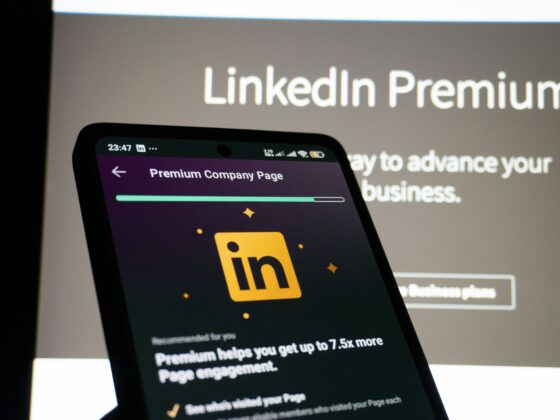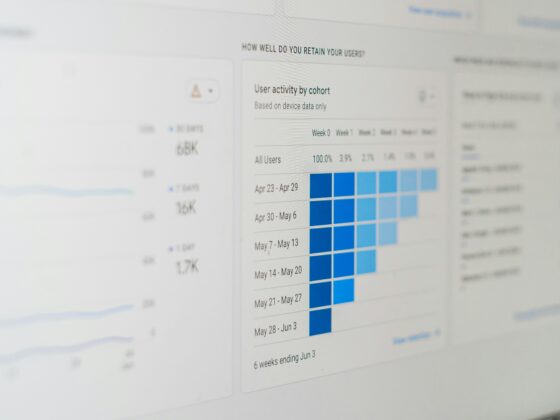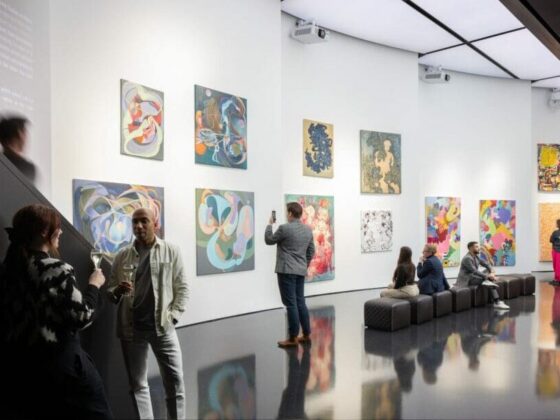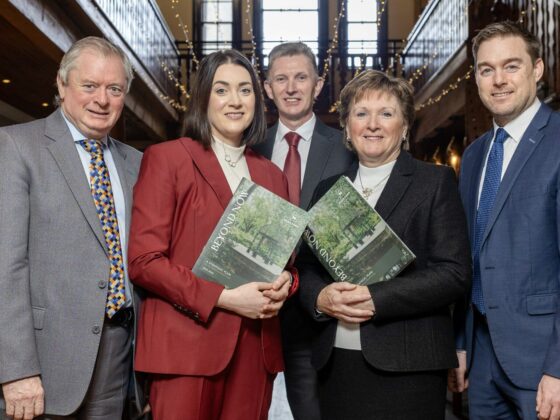🖖Hotel search is changing and it’s happening right now!🖖
For years, bookers started on Google, OTAs or brand websites. But today, more and more are asking AI chat platforms to recommend hotels. This shift is the hottest topic in hospitality tech and it is happening faster than expected.
What do we know so far:
📊 Surveys show that 25–40% of bookers already use AI for trip planning. That means these platforms, even though they can’t process payments and complete bookings (yet) are already acting as booking channels. If a traveler chooses a hotel shown by ChatGPT, Gemini or other chats and then clicks through to book, the AI has shaped that decision.
How the platforms recommend hotels today:
🔹 ChatGPT: usually recommends 3–8 hotels, based on web data, reviews, OTAs, and brand sites. With plugins (Expedia, Kayak etc) it can show live inventory. Acts as a research assistant guiding the traveler towards booking.
🔹 Gemini: typically shows 4–6 hotels, tied directly to Google Hotels inventory and sometimes ads. This is already the closest thing to a true booking channel, just without the final “pay here” step.
🔹 Copilot: 3–5 hotels, drawing on Bing + Microsoft Travel integrations. Results are actionable, with maps and booking links.
🔹 Perplexity: recommends 2–4 hotels, with transparent citations (Tripadvisor, OTAs, editorial sources). Focused on reliability over volume.
🔹 Grok: still early, but usually 2–3 hotels listed. Feels more like a personal concierge, tailoring short lists.
🔹 DeepSeek: generally shows 3–6 hotels, often with a strong local/regional focus.
👉 Where do these suggestions come from?
– Web scraping of reviews, OTAs, brand websites.
– APIs (Application Programming Interfaces) from partners.
– MCP (Model Context Protocol): a new standard that lets hotels feed live rates, availability, and policies directly to AI systems.
Why this matters?
In the past (and now), the content was optimized for Google SEO. Now, hotels need to make sure their content is AI-readable: structured, clear, and machine-friendly. If an AI can’t “see” the hotel in its data, it can not recommend it.
That’s why MCP is being called the “new SEO for AI. It is no longer about pages and keywords, but about data, context, and connections.
And the evolution is clear: in 2023, AI was mostly used for inspiration. In 2025, AI is already a decision-maker, recommending 2 to 8 hotels per query and guiding guests toward bookings elsewhere. By 2027, it is very likely that direct booking inside AI chats will feel completely normal.
⚡ The major shift: Search is moving from indexed web pages to indexed actions & context. AI doesn’t just read about the hotel anymore, it wants to connect to it, understand availability, and guide guests straight to booking.
💡 This is a grey area, but one thing is clear: even without direct checkout, AI platforms are already acting as new booking channels. The industry needs to keep pace, because bookers are already there!









